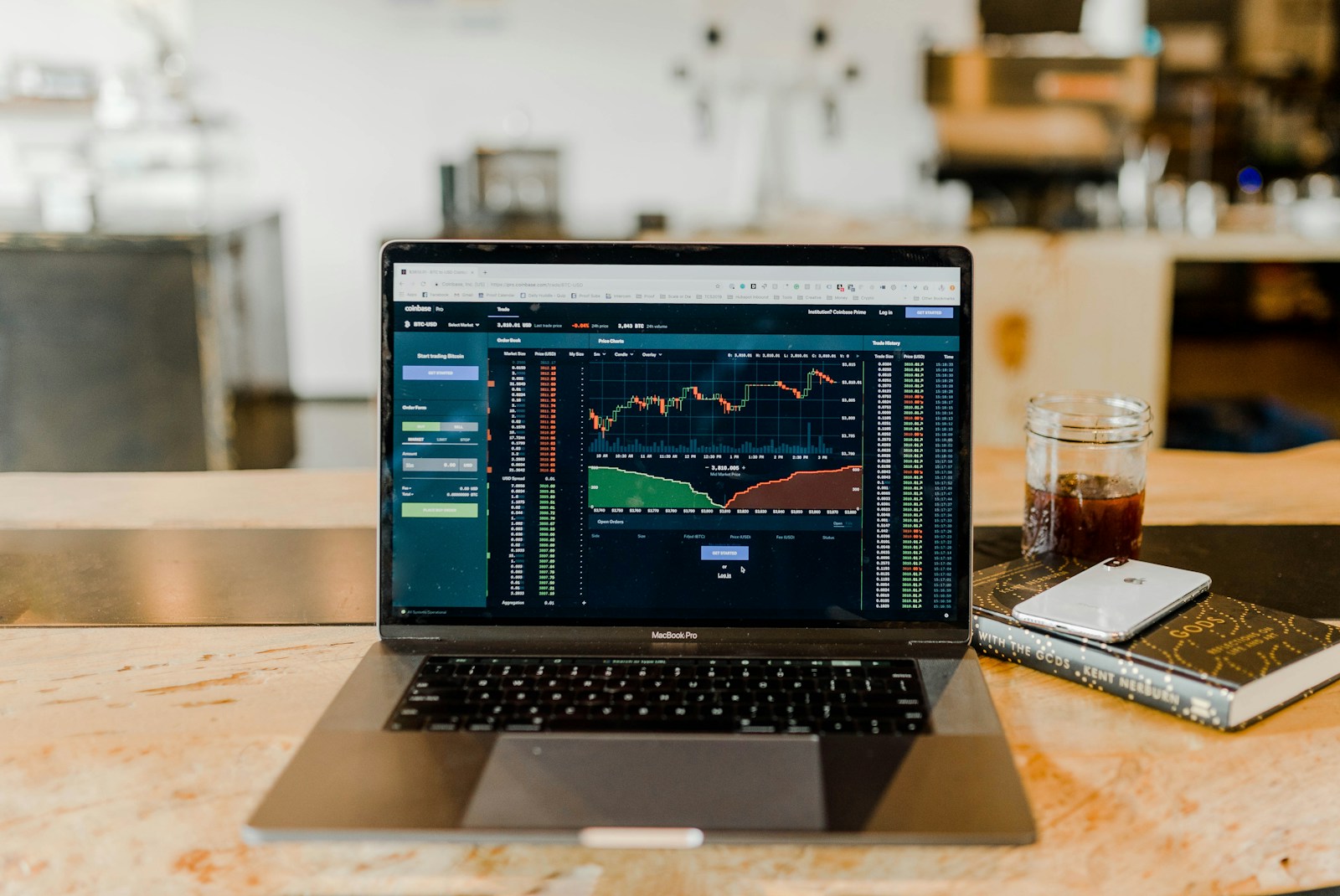In the fast-evolving world of cryptocurrency, putting all your money into one asset is no longer a wise move. As we head into 2025, diversification remains one of the most effective strategies to reduce risk and increase long-term gains in the crypto market. With thousands of digital assets and emerging technologies, creating a well-balanced portfolio is not just smart—it’s essential.
This guide will help you understand how to diversify your crypto holdings, what types of assets to include, and which strategies to follow for maximizing returns while minimizing risk in 2025.
Why Diversify in Crypto?
Cryptocurrency markets are highly volatile. Even top coins like Bitcoin and Ethereum can experience sharp price swings. Diversifying your portfolio spreads risk across different assets and sectors, ensuring that a drop in one coin doesn’t significantly impact your entire investment.
Key benefits include:
Reduced volatility exposure
Opportunity to capture gains across sectors
Greater long-term portfolio stability
Flexibility during market downturns
Types of Crypto Assets to Include in 2025
- Large-Cap Coins (Core Holdings)
Examples: Bitcoin (BTC), Ethereum (ETH)
Serve as the foundation of your portfolio
High liquidity and institutional backing
Less risky compared to small altcoins
- Mid- and Small-Cap Altcoins
Examples: Chainlink (LINK), Avalanche (AVAX), Injective (INJ)
Offer higher growth potential
More volatility, but can yield significant returns
Allocate 20–30% depending on risk appetite
- Stablecoins
Examples: USDT, USDC, DAI
Help preserve value during downturns
Useful for staking, yield farming, and buying dips
Act as a safety net in your portfolio
- DeFi Tokens
Examples: Uniswap (UNI), Aave (AAVE), Lido (LDO)
Represent participation in decentralized finance protocols
Can offer passive income via staking or liquidity pools
Important for exposure to the growing DeFi ecosystem
- NFTs and Metaverse Assets
Examples: AXS (Axie Infinity), MANA (Decentraland), SAND (The Sandbox)
Higher risk, speculative assets
Invest only a small portion (5–10%)
Potential for massive growth if the sector expands
- Layer 2 and Infrastructure Tokens
Examples: Polygon (MATIC), Arbitrum (ARB), Celestia (TIA)
Reduce transaction costs and improve blockchain scalability
Critical to the long-term success of blockchain adoption
Diversification Tips for 2025
Avoid Overexposure: Don’t put more than 20–30% in a single token
Research Before Investing: Use whitepapers, roadmap updates, and community engagement to evaluate potential
Rebalance Regularly: Adjust your holdings based on market trends and performance
Use Dollar-Cost Averaging: Invest at regular intervals to reduce timing risks
Don’t Ignore Security: Store assets in hardware wallets or reputable platforms with 2FA enabled
Conclusion
A diversified crypto portfolio in 2025 is key to navigating market volatility while capturing upside potential. By spreading your investments across large-cap coins, altcoins, DeFi, and stable assets, you create a resilient strategy capable of adapting to market changes.



